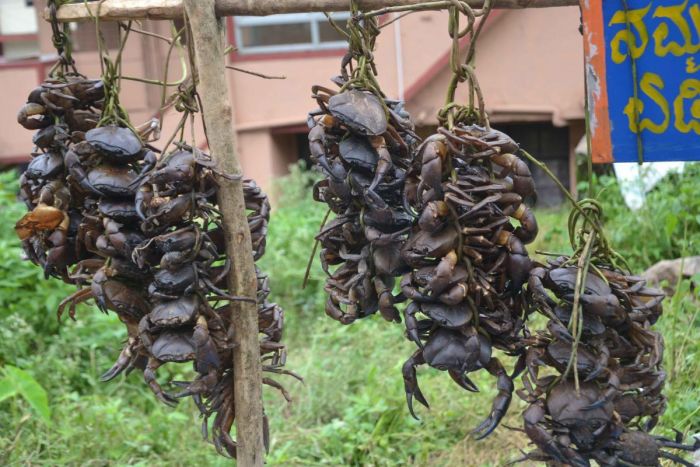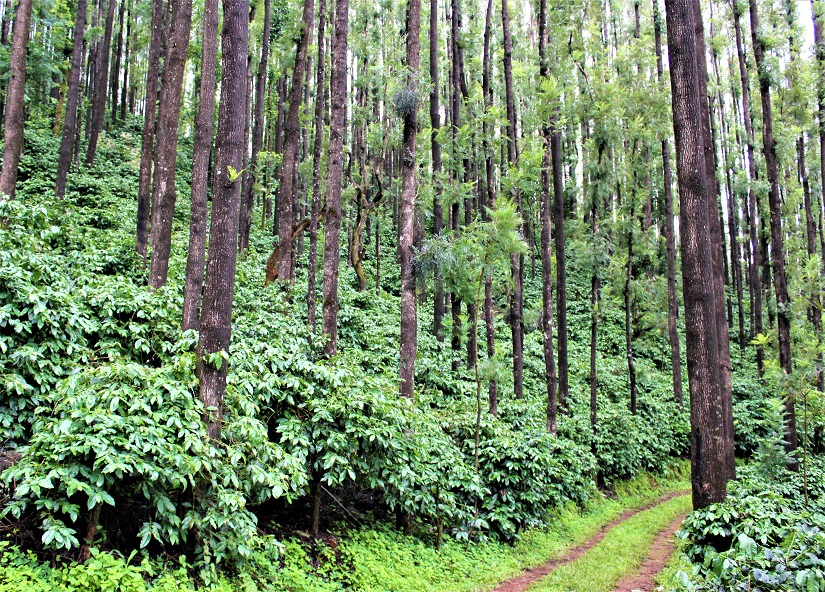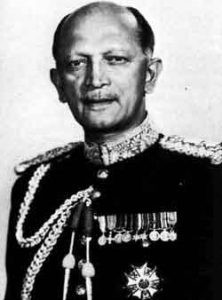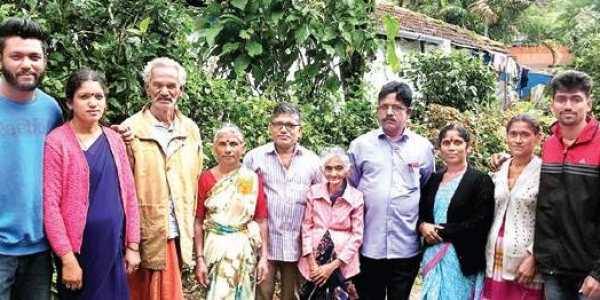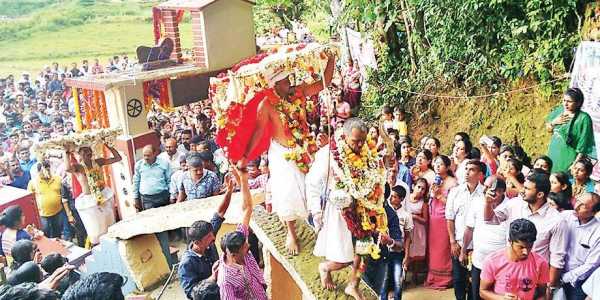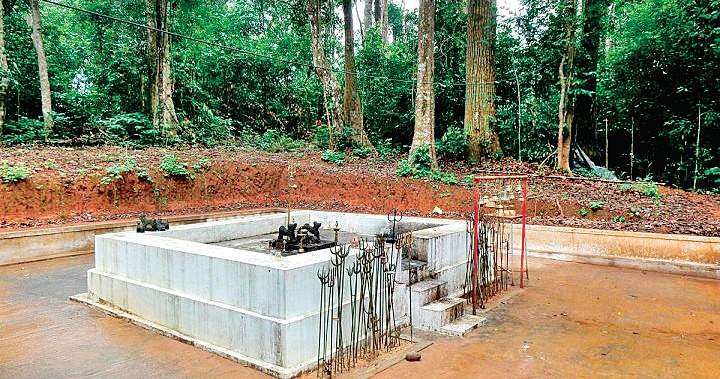The badminton ace had a whale of a time watching the FIFA World Cup in Russia.
Indian badminton ace Ashwini Ponnappa had an exhilarating time in living the football dream by catching the FIFA World Cup from close quarters in Russia.
Soaking in the football frenzy Ashwini said the experience was unforgettable. “I had a fantastic experience. I have never felt the kind of atmosphere and buzz that I felt at the World Cup anywhere else. Of course the Olympics and the multi-sport events have an amazing vibe, but that I can say as being a player and getting to live at the village. In Russia, being a spectator, the vibe at the host cities was just electric,” she said.
The Indian player said fellow fans made the experience more special.
“A sport like football is definitely made up by the fans. Everyone who were there were for football alone. It was amazing to see people from different parts of the world come in numbers to cheer either for their home countries or the countries they support along with also representing there own countries which haven’t qualified.
It was like a gigantic sports carnival. Everywhere we went we’d see fans chanting and singing. I had goosebumps every time we came a cross huge gatherings of fans chanting and singing in unison. It was electric!” she explained.
The fanfare also presented Ashwini an opportunity for a learning.
“There was so much to learn watching these players. It is amazing to see how they deal with pressure. It is not easy when you have an entire nation depending on you to do well for them (fans,country). Star players have more pressure cause they are expected to perform their best in every match from the everyone. To watch a player like Ronaldo stepping up and playing the way he did against Spain was just amazing.”
Simply ‘Inspiring’
The trip was also inspirational to the badminton star. “Thanks to being there and the football craze, I’ve also been reading a lot of stories of different players and it’s just been very very inspiring. How you’ve got to believe in yourself when no one else does.
How determination and belief can work miracles. I loved reading Romelu Lukaku’s story which was sent by a friend. I had tears reading it. Or that of Aron Gunnarsson. I definitely want Iceland to do well after reading his story (laughs). It takes years and years of hard work and sheer determination to get to where they are like any other sport.
I think one of the nicest things about football is that it is easily accessible to everyone from all walks of life. It gives hope to so so many people, it gives people confidence and brings countries up when their players do well,” the 28-year-old player added.
Memorable Moment
Ashwini said the stand out moment was watching Cristiano Ronaldo and Lionel Messi ply their trade and watching the Spain vs Portugal match.
“The best part apart from just being present at the World Cup was getting to watch Ronaldo and Messi play live. The kind of expectations they have from their fans is crazy. It was more like they are expected to win and perform as a one man army. Watching Spain vs Portugal was definitely a highlight for me. Ronaldo played well and led the team like a boss and delivered despite the crazy pressure,” she said.
“Watching Argentina vs Croatia was sad. I did expect to watch incredible Messi work his magic as did the large number of Argentina fans. It isn’t possible if the team on the whole isn’t feeling confident and aren’t into the game. With all that’s going on with their team, I hope it gets better and they get the win and performance they need.
Ashwini said visiting the fan fests were also a highlight.
“They are just amazing. Especially if you do have a ticket for a match and want to still get a feeling of being apart of it. It was well organised with a great vibe. The entire event from the minute you get there to going into the stadium is organised perfectly for the fans to have the best experience possible while they are there. I am lucky to have had the opportunity to experience the World Cup and watch the stars play,” she concluded.
source: http://www.sportstaralive.com / Sportstar Alive / Home> Badminton / by Hari Kishore M / Chennai – June 25th, 2018
